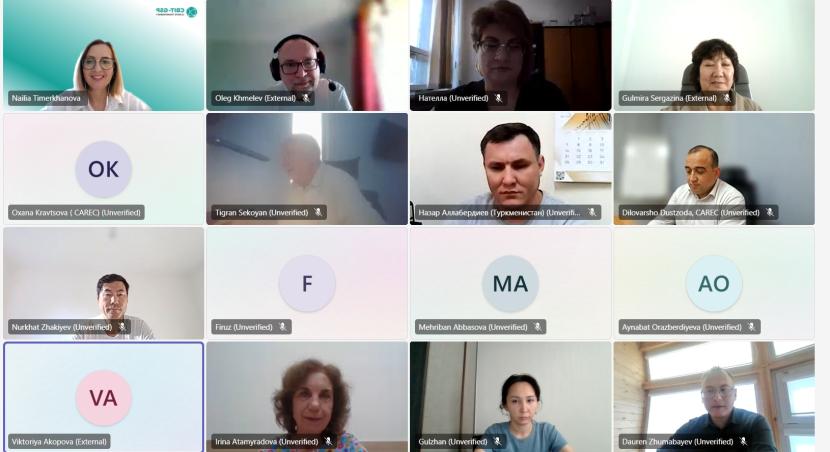Link to the recording is here.
Background
The Biennial Transparency Report (BTR), mandated under the Enhanced Transparency Framework (ETF) of the Paris Agreement, plays a critical role in enhancing the clarity and comparability of Parties’ actions on climate change. One of the key components of the BTR is the chapter on “Support Needed and Received,” which is supplemented by the Common Tabular Formats (CTFs). This chapter provides detailed information on the financial, technological, and capacity-building support a country has received, as well as the needs for such support to implement climate actions, including mitigation and adaptation.
Accurate, complete, and timely reporting of support needed and received is essential to enhance transparency, ensure accountability, and inform the global stocktake. However, compiling this information poses several challenges, particularly in terms of data availability, coordination among national stakeholders, and methodological approaches to assess support needs across sectors.
Kazakhstan and Uzbekistan, having recently submitted their first BTRs, have valuable practical experience in addressing these challenges. Their approaches to data collection, stakeholder engagement, and information analysis provide concrete examples of how Parties can improve the completeness and quality of this chapter. Through structured coordination mechanisms and innovative data management practices, these countries have successfully populated their CTFs and outlined their support needs and received information in a transparent and structured manner.
Objective
This webinar aims to facilitate a peer-to-peer exchange, enabling Kazakhstan and Uzbekistan to share lessons learned, data sources used, institutional arrangements, and reporting methodologies that can support other Parties – especially those preparing their first BTRs. Case studies from both countries will help illustrate how tailored national approaches can be aligned with the ETF provisions and MPGs requirements, and how early peer learning can contribute to the refinement of this chapter and guide others in strengthening their transparency systems.
By leveraging shared experiences and practical recommendations, this exchange will contribute to building regional and global capacities for effective and robust climate reporting.
Target Audience and Language
The meeting will bring together CBIT-GSP country focal points, national coordinators for National Communications (NCs) and Biennial Transparency Reports (BTRs), senior experts from national agencies responsible for climate policy and transparency, as well as specialists in greenhouse gas inventory, adaptation and impacts, climate finance, and NDC tracking.
The meeting will be held in Russian.
Duration and Registration
It is expected that the meeting will last 1 hour and 30 minutes with sufficient timing dedicated to discussion and Q&A sessions.
